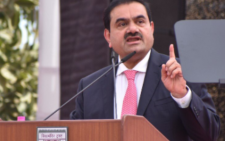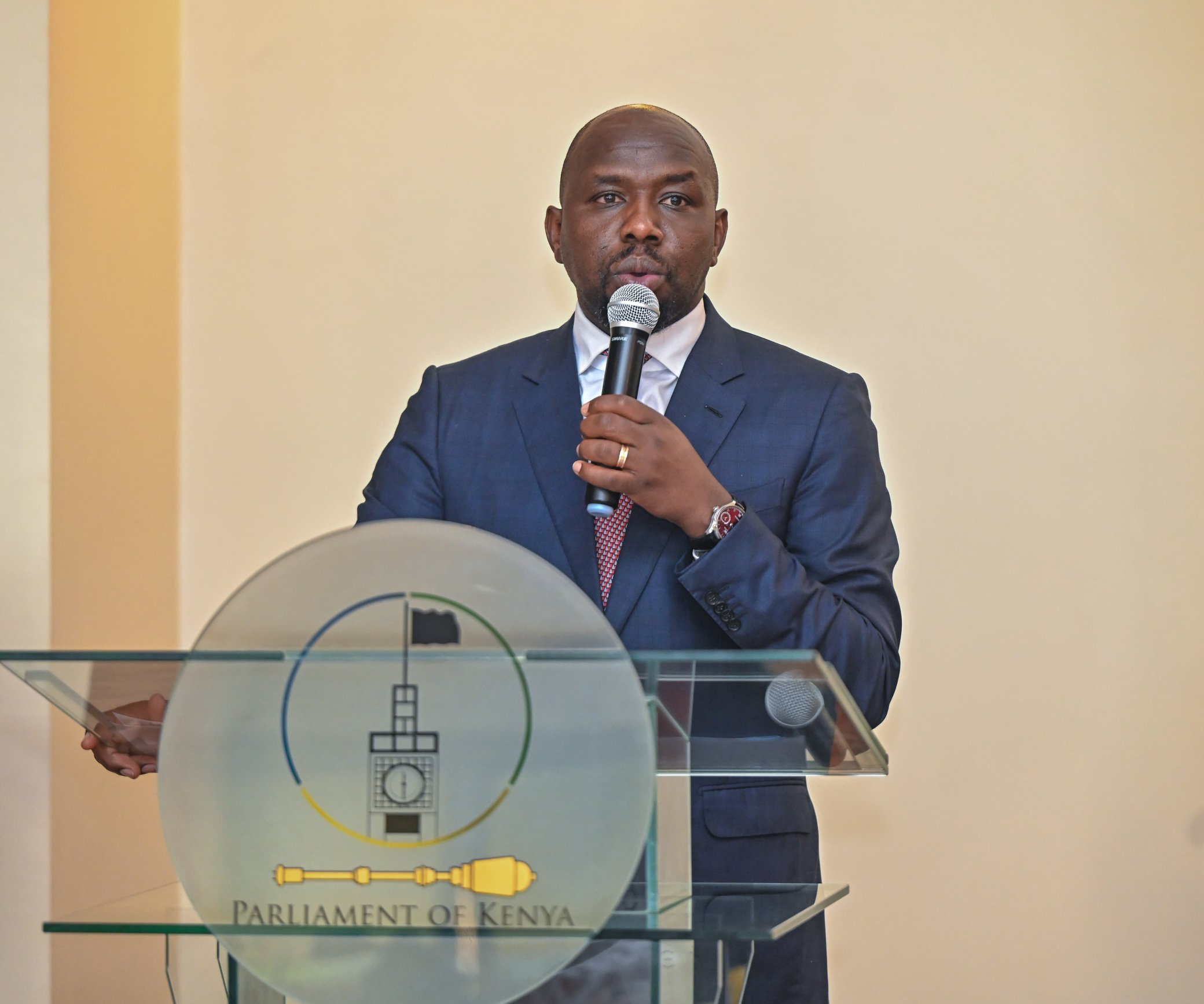Universal healthcare is an ambitious goal for a country of Kenya’s development level, but the promise is undeniably compelling: protection of families from budget-busting medical expenses, improved health outcomes through preventive care, and reduced inequality in access to medical services.
A well-run public health insurance scheme can change lives – enabling earlier disease detection, better maternal and child health through greater access to prenatal care and vaccinations, and improved management of chronic conditions like cancer, heart disease, and type 2 diabetes, which are becoming more common in our country.
But the rollout of the Social Health Insurance Fund (SHIF) demonstrates how even the worthiest initiatives can falter without proper execution and appropriate consultations.
As People Daily has reported in recent weeks, the scheme’s implementation has been nothing short of chaotic, drawing criticism from the very groups essential to its success: medical professionals and the general public.
Instead of addressing these legitimate concerns, Health ministry officials have retreated behind a wall of defensive rhetoric and calls for patience. This disconnect between bureaucratic complacency and on-the-ground reality threatens to undermine the entire programme before it can take root.
The complaints from healthcare providers are serious and specific, and have been detailed in recent media reports. Private practitioners face unrealistic reimbursement rates that they say threaten their ability to provide quality care. The Social Health Authority’s portal is unreliable. Submitting claims is too complicated, while registering and verifying patients remain persistent headaches.
But for many of us, the most troubling element of the rollout is that frontline health workers report being confused about SHIF’s basic operations. Without clear understanding among those delivering care, how can we expect the system to function effectively?
The situation for patients is even more dire. According to media reports, many have been denied coverage for essential treatments like surgery and dialysis, forcing them to pay out-of-pocket for services that SHIF supposedly covers. These upfront costs particularly impact low-income Kenyans, many of whom rely exclusively on public hospitals for their care. Dialysis patients were reportedly receiving only one or two treatment cycles per month when they require five or six, while cancer patients struggle with authorisation for single chemotherapy cycles instead of the full course of treatment they need. These are more than just inconveniences – they are life-threatening systemic failures.
Health Cabinet Secretary Deborah Barasa’s response to these challenges has been particularly tone-deaf. Her characterisation of SHIF as a “30-day-old baby” that shouldn’t be expected to “run a marathon” was not as witty as she imagined and did not address the issues of concern. When that “baby” is responsible for people’s lives and well-being, “teething problems” become unacceptable luxuries. Her call for the media to partner with her ministry in “knowledge building” and “changing perception” about SHIF suggests that she places public relations above substantive changes.
Officials reported that more than 14 million Kenyans had enrolled for SHIF by last week, suggesting that they are banking on it to succeed. It’s easy to see why. While wealthy Kenyans can seek treatment in South Africa, India or Western countries, the majority of us depend entirely on domestic healthcare. SHIF’s success or failure will determine whether many Kenyans live or die. The theoretical benefits of universal healthcare – preventing poverty-inducing medical expenses, ensuring access to preventive care, reducing healthcare inequality – remain tantalisingly out of reach as long as the system’s basic problems aren’t addressed.
Barasa seems to suggest that the solution is simply to wait and hope things improve. That’s not good enough. Her ministry should address technical issues with the portal swiftly, make claims processing easier, and ensure that hospital reimbursement rates are fair. Above all, officials should engage meaningfully with healthcare providers and the public, treating their concerns as useful feedback rather than inconvenient criticism.
— The writer is a Sub-Editor with People Daily-

















